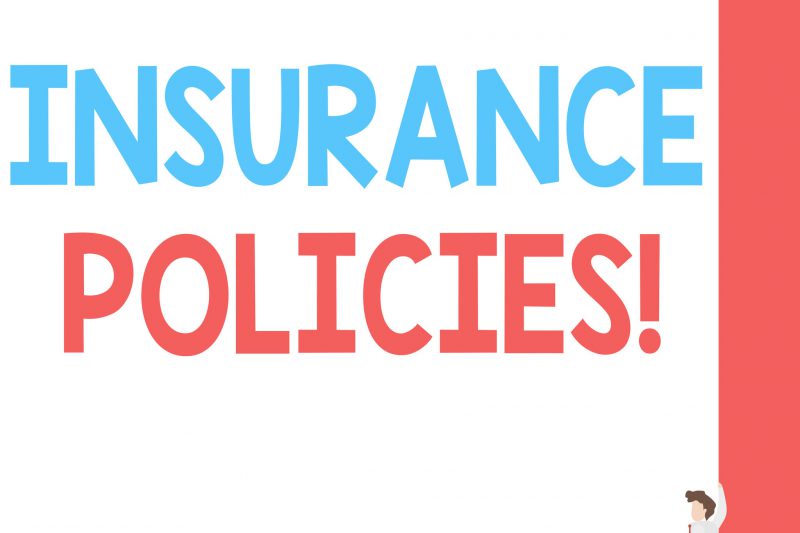You’ve heard about health insurance, life insurance, and car insurance. But what about mortgage insurance?
Read on for a breakdown.
What Exactly Is Mortgage Insurance?
Mortgage insurance safeguards lenders in case borrowers fall behind on their payments. In short: it protects the lender, not you.
A customary down payment on a home loan is 20% of the home’s purchase price. Borrowers who are unable to make this big of a down payment will typically need mortgage insurance. It lowers the lender’s risk; insuring your loan guarantees they’ll get paid, even if you become delinquent.
How Does It Work?
There are a few main types of mortgage insurance. Let’s break them down:
Private mortgage insurance (PMI):
Insurance that the lender arranges with a private company. Usually specific to conventional loans. Rates usually depend on your credit score. Borrowers usually pay PMI monthly.
Federal Housing Administration (FHA) mortgage insurance:
Insurance for FHA-backed loans. Credit is not factored into the cost. There’s an upfront cost rolled into closing, and then a monthly cost tacked on to your monthly payment.
US Department of Agriculture mortgage insurance:
Insurance for USDA-backed loans. It’s similar to FHA loan insurance in the sense that you’ll pay for the insurance during closing and then monthly as a part of your monthly payments.
Why Would I Want It?
If it doesn’t explicitly help you, then why would you choose a loan that requires PMI, for instance?
In short, PMI allows you to qualify for a loan you ordinarily wouldn’t be able to. Large down payments give lenders confidence in your financial stability and, thereby, your ability to pay back a loan. If you’re unable to pay a lot up front, PMI gives you the freedom to secure a loan without the lender rejecting your application based on the presumption that you may stop making payments. They’ll still get paid regardless of whether or not you fall behind.
The takeaway: Although mortgage insurance can provide you more opportunity, it ultimately protects the lender, not you. In the end, it adds a higher cost to your monthly payment and does not protect you from foreclosure in any way. Be sure to weigh the pros and cons of PMI and consult your mortgage professional before coming to a decision.
Disclaimer: These articles are intended for general informational purposes only and do not substitute the advice of qualified mortgage professionals. Please always consult your mortgage broker or loan officer when it comes to making decisions.

